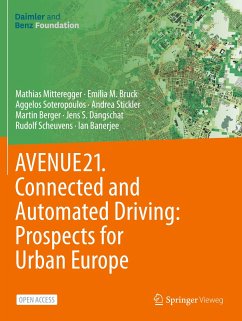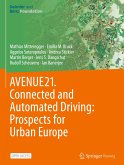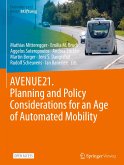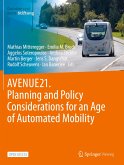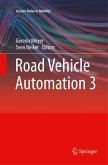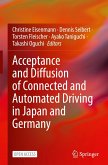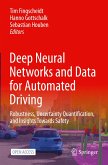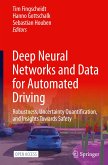This open access publication examines the impact of connected and automated vehicles on the European city and the conditions that can enable this technology to make a positive contribution to urban development. The authors argue for two theses that have thus far received little attention in scientific discourse: as connected and automated vehicles will not be ready for use in all parts of the city for a long time, previously assumed effects - from traffic safety to traffic performance as well as spatial effects - will need to be re-evaluated. To ensure this technology has a positive impact on the mobility of the future, transport and settlement policy regulations must be adapted and further developed. Established territorial, institutional and organizational boundaries must be investigated and challenged quickly. Despite - or, indeed, because of - the many uncertainties, we find ourselves at the beginning of a new design phase, not only in terms of technology development, but also regarding politics, urban planning, administration and civil society.
Bitte wählen Sie Ihr Anliegen aus.
Rechnungen
Retourenschein anfordern
Bestellstatus
Storno

